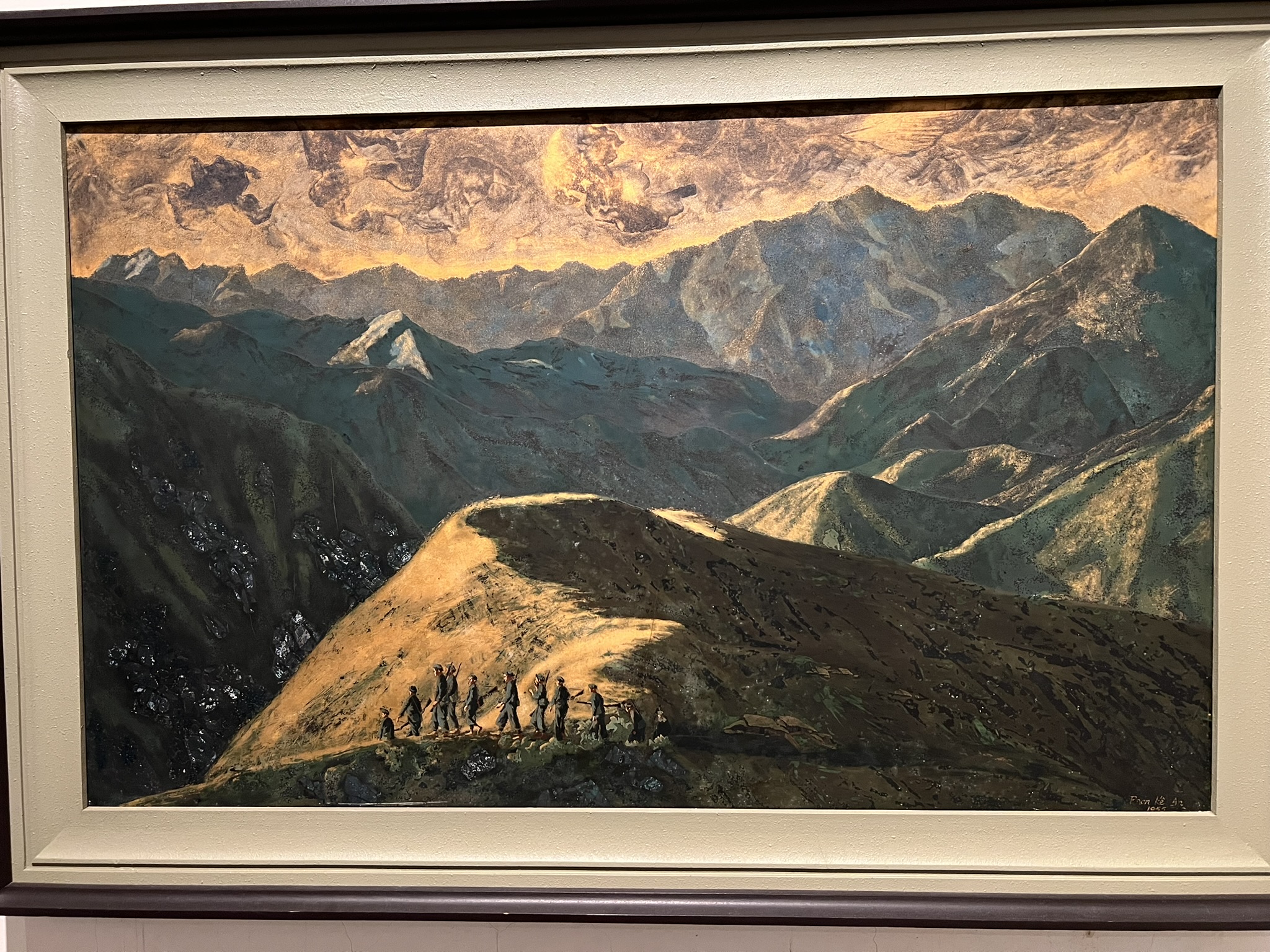Despite the title this is less a directive and more a description of what has already happened, and how I came to realize it. Still, there are many who remember StackOverflow as a revelation in the mid-2010s and think some vestige of those times remain. They think if they make an effort to distill their confusion into a question and post it there they will be rewarded. Perhaps some scarce few will, but a better way exists.
[Read More]Let go of StackOverflow; communities must take ownership









